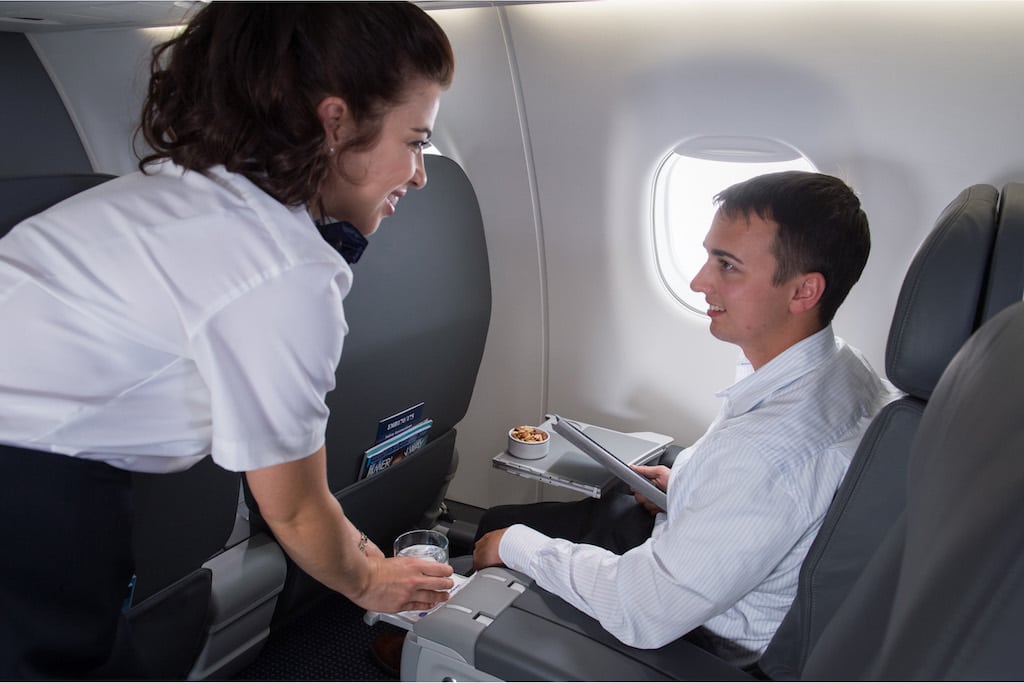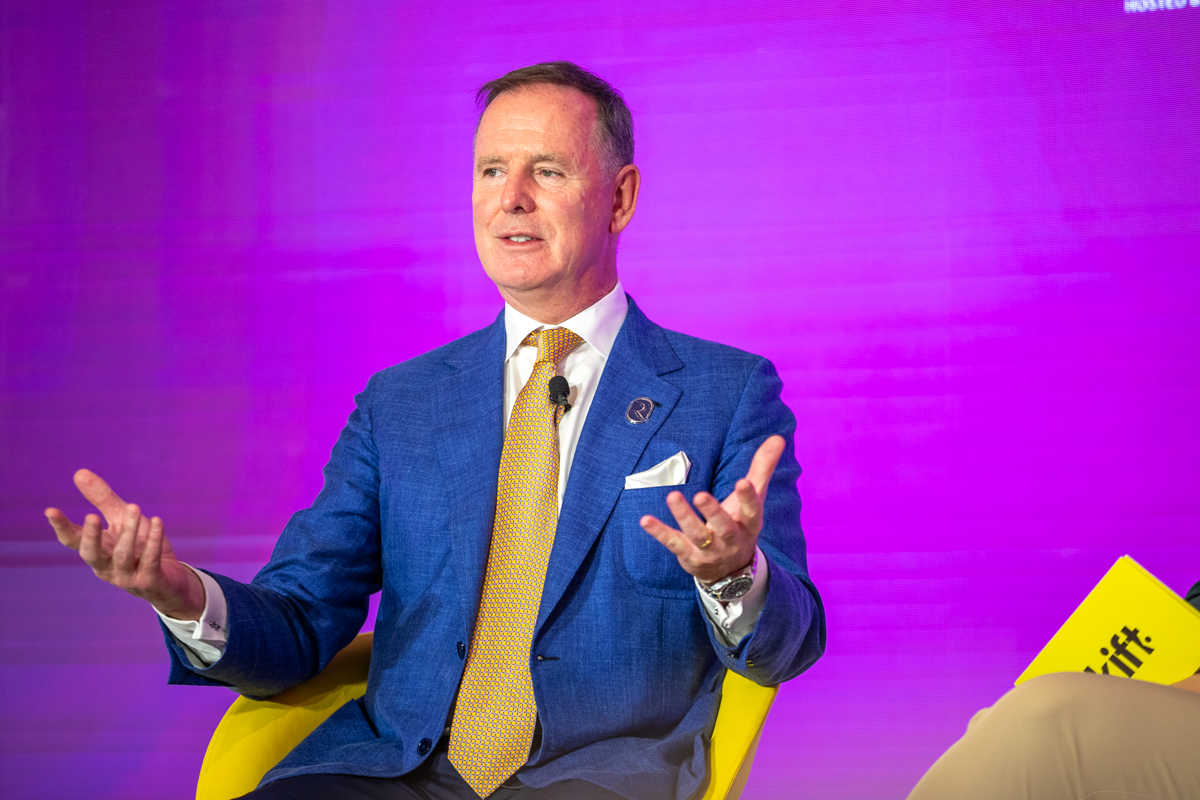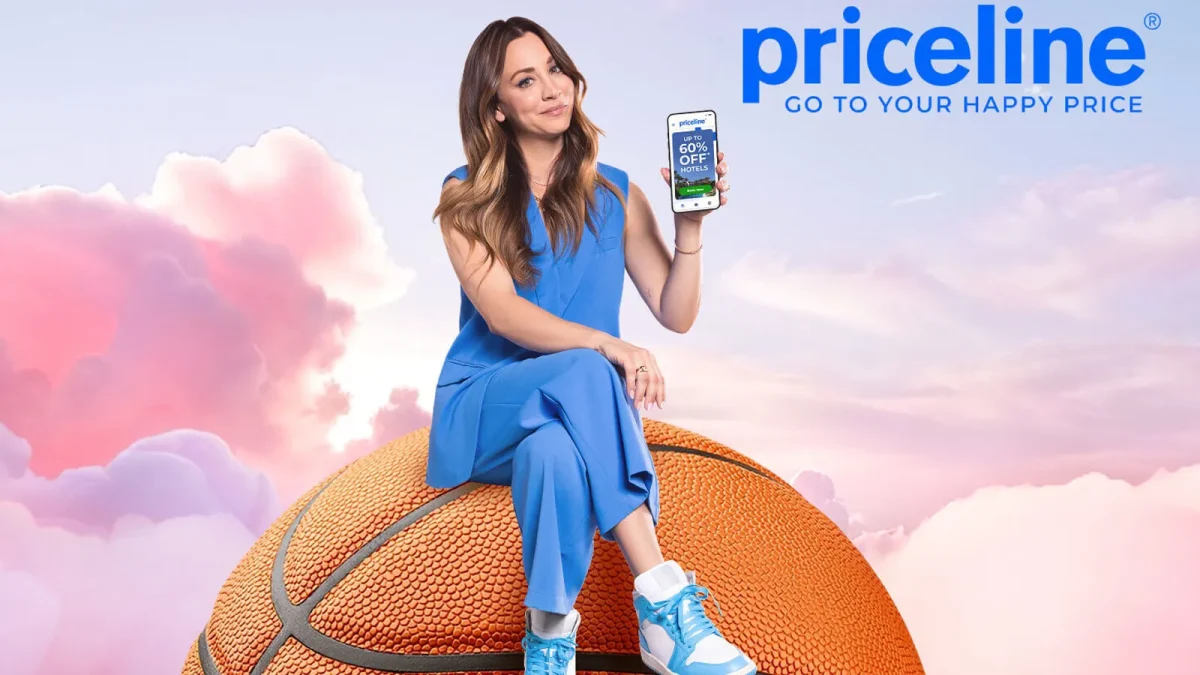Domestic In-Flight Entertainment Is Now Free on American, Delta and United

Skift Take
It wasn't long ago that legacy airlines saw in flight entertainment as a revenue stream along the lines as checked bags, seat selection and onboard snacks.
As of this month, however, in-flight entertainment has turned into a free perk thanks to new lower-cost entertainment solutions, heavy competition and deeper pockets across the airline industry.
American Airlines was the last carrier to get rid of fees for its in-flight entertainment on domestic routes. The carrier announced last week that it would remove the entertainment paywall when accessed through both W-iFi and seatback screens (depending on the aircraft) later in the month, matching the services currently offered on Delta and United.
In late June, United was the second carrier following Delta, which was the first to release free entertainment at the beginning of June. All three carriers already maintain free in-flight entertainment on international routes.
In a way, both American and United had little choice but to follow suit. Scott McCartney at the Wall Street Journal pointed out in last week's Middle Seat column that the big three airlines are growing closer in their product offerings, including nearly identical loyalty programs and in-flight products.
Travelers previously had to pay for entertainment content but soon all three airlines will be offering it for free.
After Delta announced free in-flight entertainment in June, American and United felt the need to compete. American and United also followed Delta in the move to revenue-based loyalty programs and a variety of other product changes.
The airlines' decision to give away entertainment was made easier by new innovations in communications. With Wi-Fi now installed in the majority of mainline U.S. aircraft, onboard severs can inexpensively distribute content, and the growth of mobile, personal screens has made it easier for consumers to stream it. With incremental costs low, it was an easy perk to give away and create relative value.
Now that all three carriers give away in-flight entertainment, however, competition may turn to content instead of cost. This month, United has been making much ado about hosting Olympic content onboard, while carriers such as JetBlue have been touting partnerships with the likes of Amazon Prime for months.
With entertainment now free and new channels of content opening up daily, domestic U.S. passengers can look forward to a better experience when flying on mainline legacy carriers. And as profits stay robust (or oil stays low), expect more free perks to open up soon.




